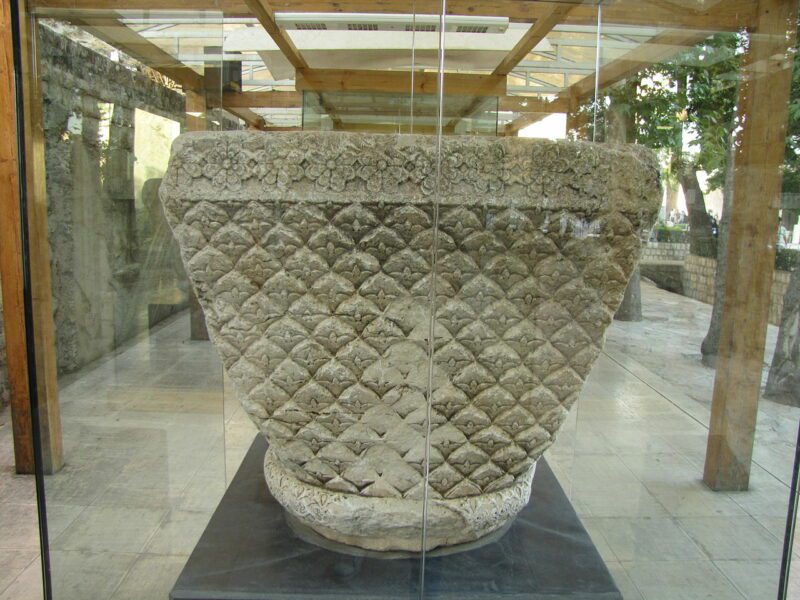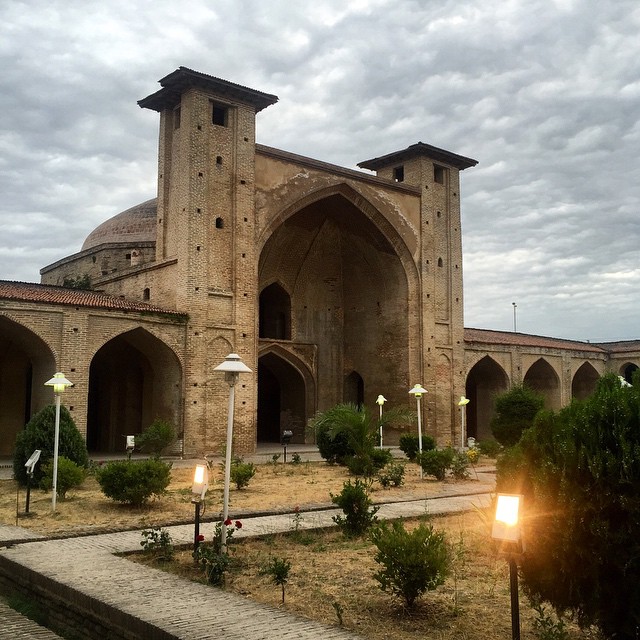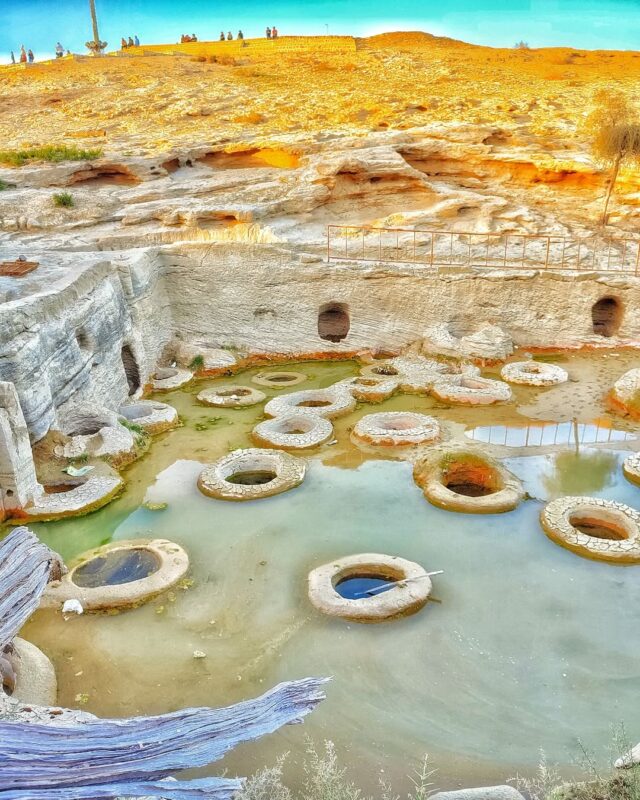The black stork of Sistan and Baluchistan, Iran, is a regal bird shrouded in mystery, its silhouette gliding across the region’s arid landscapes like a whisper of darkness. Let’s unravel the secrets of this fascinating creature:
A Vision of Grace:
Elegant Appearance: Standing tall on slender legs, with a long, curved beak and wingspan reaching up to 6 feet, the black stork cuts a striking figure against the vast deserts and shimmering wetlands.
Cloaked in Ebony: Its plumage is a deep, captivating black, set off by a vibrant red bill and legs, making it a true embodiment of elegance and power.
Solitary Wanderer: Unlike its white stork cousin, the black stork is a solitary soul, preferring to hunt and nest alone, adding to its enigmatic aura.
A Master of the Wetlands:
Expert Forager: Its long, curved beak is perfectly adapted for probing mud and shallow waters, where it skillfully hunts for fish, frogs, and insects, its sharp eyes piercing the murky depths.
Nesting in Isolation: Unlike most storks, the black stork builds its nest on rocky cliffs or in secluded trees, far from the hustle and bustle of human settlements.
Vulnerable to Habitat Loss: The destruction of wetlands and pollution of water sources pose significant threats to the black stork’s population in Sistan and Baluchistan.
A Cultural Symbol:
Symbol of Wisdom and Longevity: In local folklore, the black stork is revered as a symbol of wisdom and longevity, its solitary nature and quiet grace earning it respect and admiration.
Inspiration for Art and Music: The striking appearance and enigmatic presence of the black stork have inspired countless artistic expressions in the region, from intricate embroidery patterns to haunting folk songs.
A Beacon of Hope for Conservation: The black stork serves as a reminder of the delicate balance of nature and the importance of protecting vulnerable ecosystems in Sistan and Baluchistan.
Protecting the Black Stork:
Supporting Conservation Efforts: Contributing to organizations working to preserve wetlands, monitor populations, and raise awareness about the black stork can make a tangible difference.
Responsible Tourism: Choosing eco-friendly travel practices and avoiding disturbing nesting sites are crucial for protecting these majestic birds.
Spreading Awareness: Sharing information about the black stork’s plight and cultural significance can garner support for conservation initiatives and inspire others to appreciate this remarkable creature.
The black stork of Sistan and Baluchistan is more than just a bird; it’s a symbol of resilience, wisdom, and the delicate balance of nature. By appreciating its beauty, ecological role, and cultural significance, we can contribute to its continued flight across the desert skies for generations to come.
Remember, even the smallest actions can make a difference in protecting this vulnerable species. So, let’s work together to keep the mesmerizing magic of the black stork alive and thriving!


